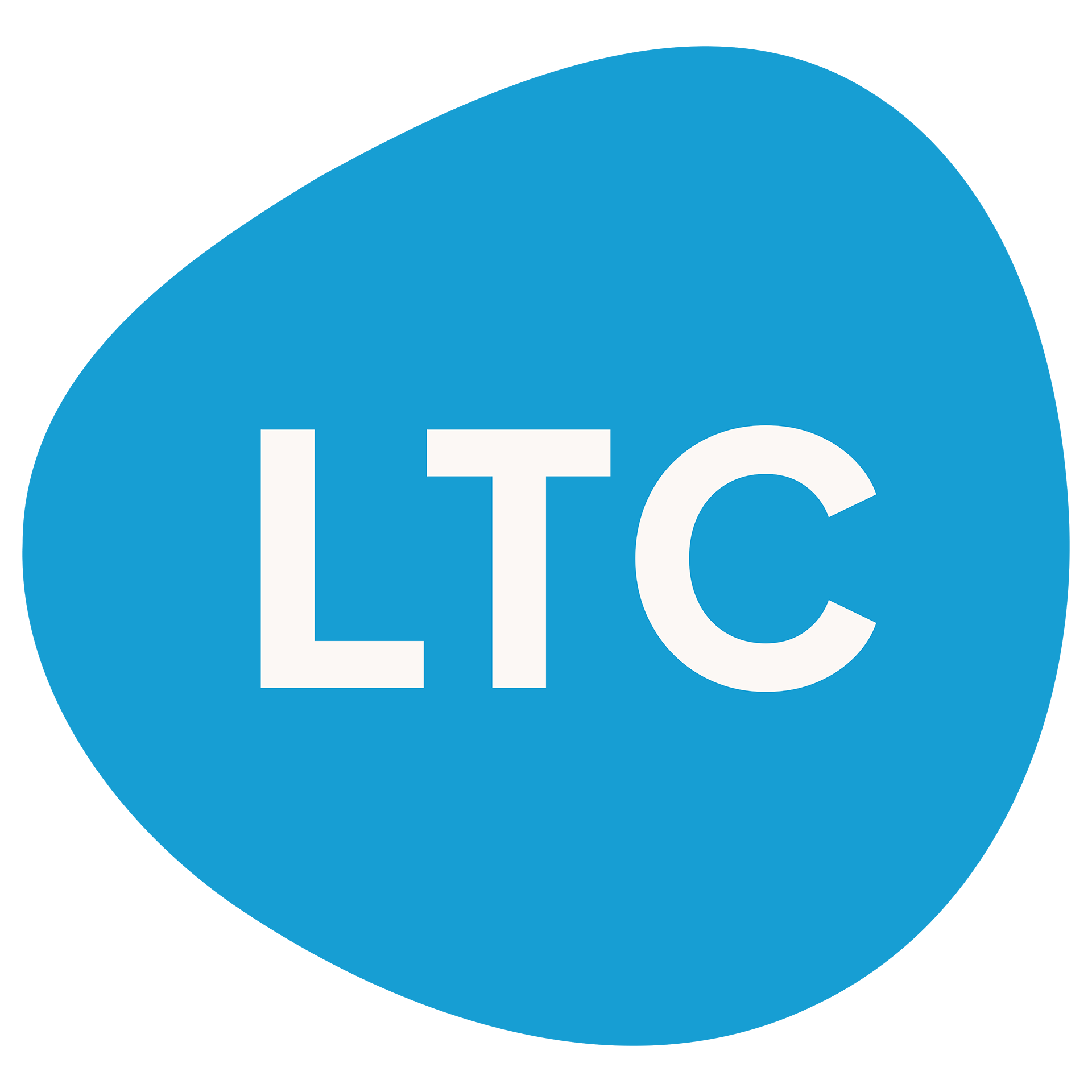Legal Reference Guide & Database
Insights into Laws Impacting Technology in Schools
To plan with confidence, K-12 leaders need to know how current state and federal laws impact their use of technology in schools – both in the classroom and beyond.
Updated annually, this free guide provides an introduction to the statutes, regulations, and rules that may apply to the use of technology in primary and secondary school districts in Illinois.
Updated: August 16, 2024
Legal Reference Database
Disposition of Student Records
50 ILCS 205/7 ;
1983 Op. Atty.Gen. 83-018.
44 Ill. Admin. Code Part 4000 (Downstate Local Records Commission)
44 Ill. Admin. Code Part 4500 (Cook County Local Records Commission)
Illinois School Student Records Act
105 ILCS 10/1 et seq.
Missing Children Records Act; Missing Children Registration Law
Student Biometric Information
Suspension or Expulsion, Cities over 500,000 inhabitants
Suspension or Expulsion
Parent Participation
Assistive Technology
Personal Information Protection Act
Family Educational Rights and Privacy Act (FERPA)
Right to Privacy in the Work Place
Right to Privacy in School Setting; Notification
Illinois School Student Records Act
Student Online Personal Protection Act Parent Requests
Student Online Personal Protection Act Breach
Student Online Personal Protection Act Use of Covered Information
Student Online Personal Protection Act Written Agreements
Student Online Personal Protection Act Written Agreements
Student Online Personal Protection Act Written Agreements
Disclaimer: Nothing contained in this resource is intended to be construed as legal advice, nor is it intended to be a comprehensive reference of every statute, regulation, or rule that may relate to technology within school districts. Any issues pertaining to school districts should be thoroughly researched and discussed with legal counsel.

